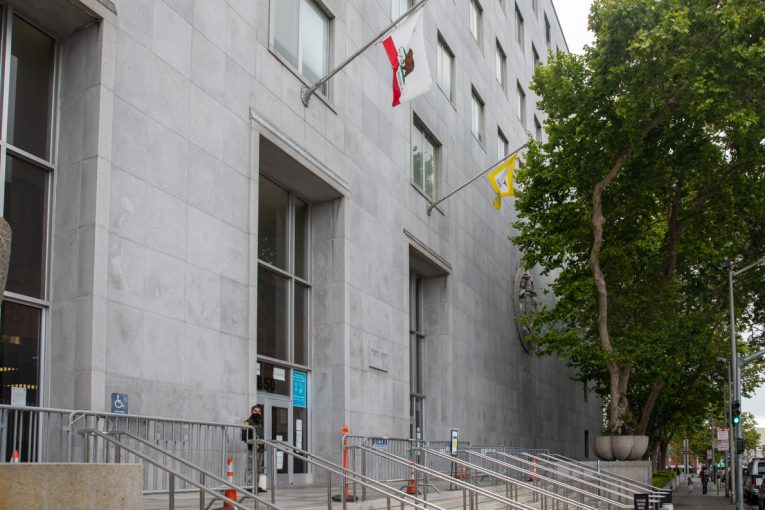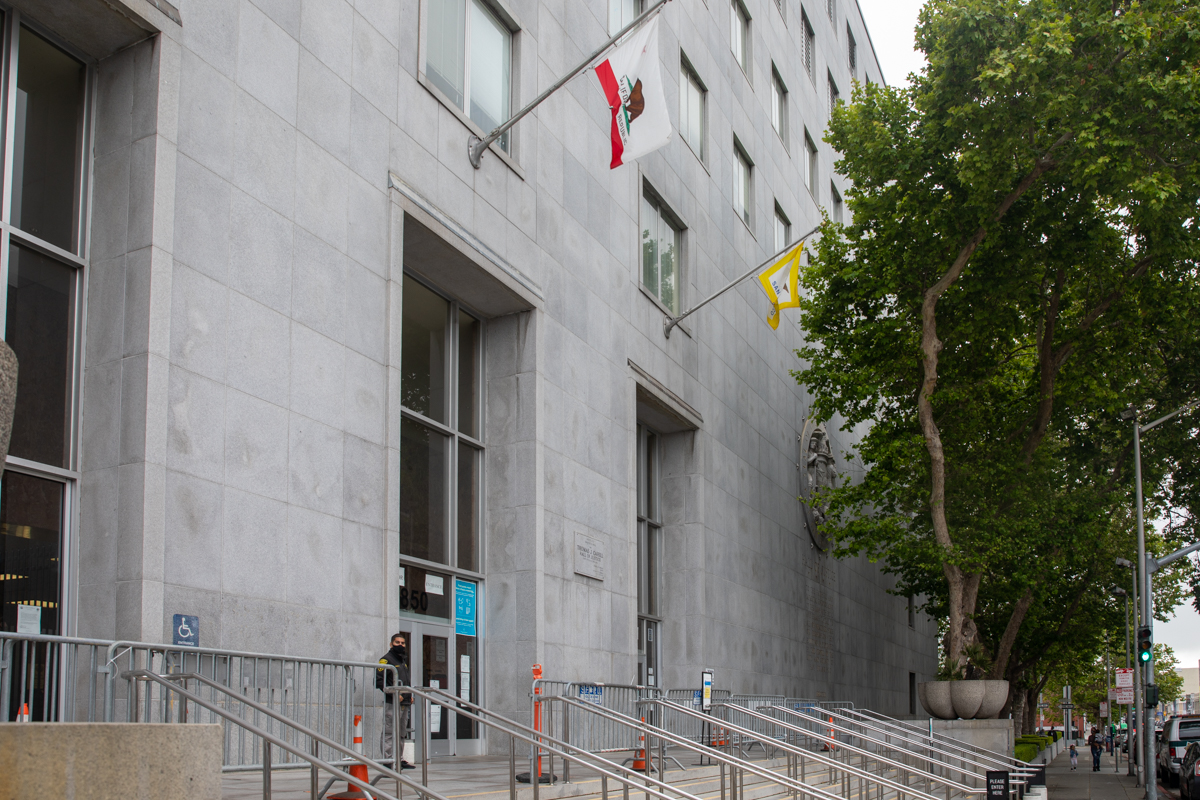
 By Ella Wade
By Ella Wade
SAN FRANCISCO, CA – Sentencing was held for Michael Smith—who killed a man while driving drunk—here in San Francisco Superior Court Friday.
The court was having technical difficulties, so the audio from the people on the Zoom call was coming from a phone in the courtroom, and because of this not everything that was said by the victim’s family was audible. Two of the victim’s family members spoke; they addressed the court on behalf of their family.
One family member said they didn’t have words to describe their feelings and “knows that Mr. Smith will have to live with this for the rest of his life, just as [the victim’s family] will.” The family member went on to include how Smith has to wake up and look in the mirror “every morning and see a man who took another man’s life.”
This statement encapsulated the emotions of the family members. 
Often in these situations, one sees family members trying to repair the immense loss that they have felt by inflicting their pain upon the defendant and their family. But this was not the case today.
The victim’s family members expressed commiseration toward the defendant, knowing that the family and the defendant know share this bond having to be reminded of one of the worst days of both of their lives every day. The victim’s family members elaborated by saying that they hope Smith can move forward with his life, not forgetting, but improving and growing to become a reformed and restored person.
The court noted the defendant is doing a lot of the things that the victims requested in their statement. At this point, the defense stood up after stating that Smith had prepared a letter for the victim’s family, and handed a copy to the prosecution to give to the victim’s family.
The court found no legal cause for delay and moved onto sentencing. At this point, the defense asked for a modification to the credit for time served including the 428 days of home detention, citing People v. Yanez, which altered the number of days considered for time served.
The judge sentenced Smith to four years in state prison, which is the aggravated term. The judgment of the court was based on a plea of guilty. Due to the defense’s modification of time served, Smith’s total credit of time served came out to 2,165 days, which exceeds the aggravated sentence of four years (1,460 days).
Based on the calculation that the sentence is deemed served, the court deemed the term completely served. Smith was released on parole and ordered to report to the Department of Corrections. The terms of parole were to be worked out in detail at a later date, but the court mentioned that Smith will be unable to possess a firearm or ammunition for the rest of his life.
The fines and fees were declared as follows:$300 in restitution, $300 in parole restitution stayed, pending successful complement, $40 in court operations, $30 in an immediate critical needs assessment. At this time all electronic monitoring was ordered to be removed, and the court pre-sentence report (PSR).
Smith was charged with driving with a blood alcohol content above 0.08 percent, causing death to another person while driving under the influence of alcohol, hit and run involving death, vehicular manslaughter, as well as the unlawful killing of another person—all felonies, and an issue with Smith’s vehicle registration, a misdemeanor.
Despite the horrors that Smith caused to the victim and the victim’s family, there was no hatred to be heard in the voices of the victim’s family. They seemed to speak from a place of shared sadness, almost commiserating with the defendant.

